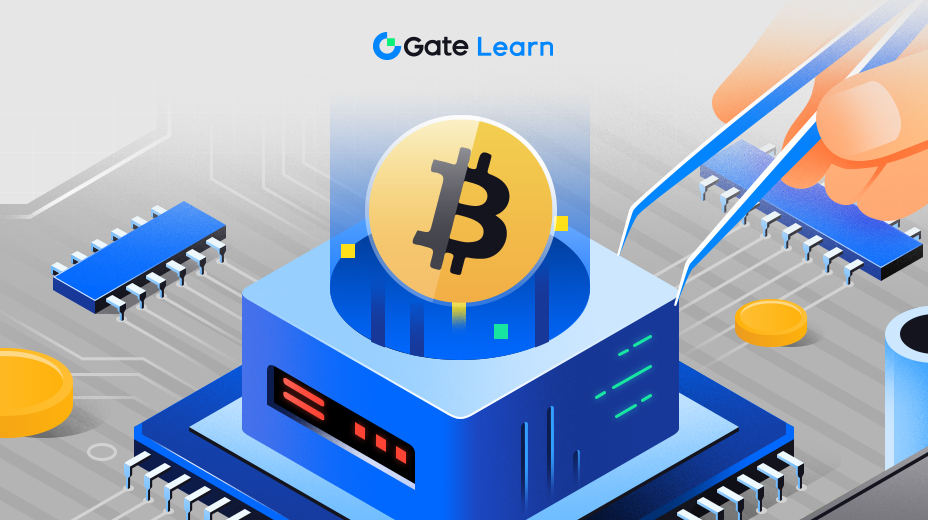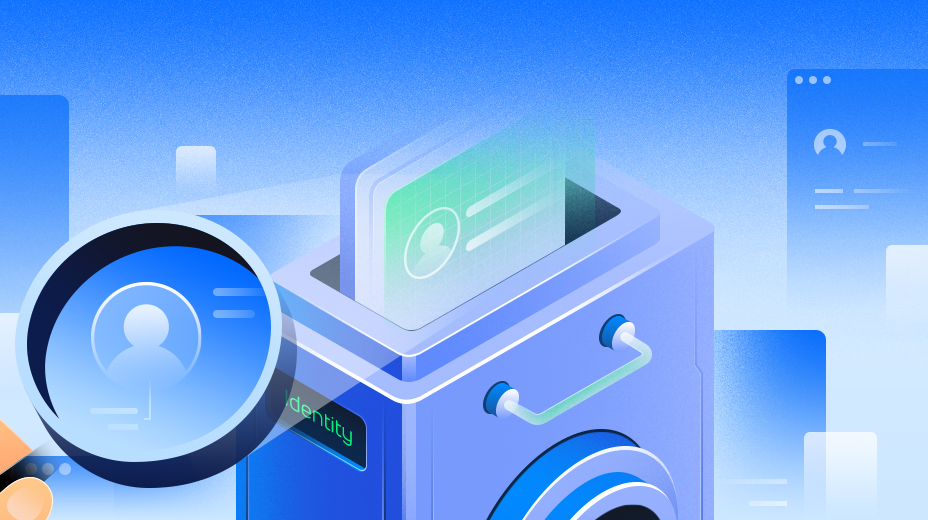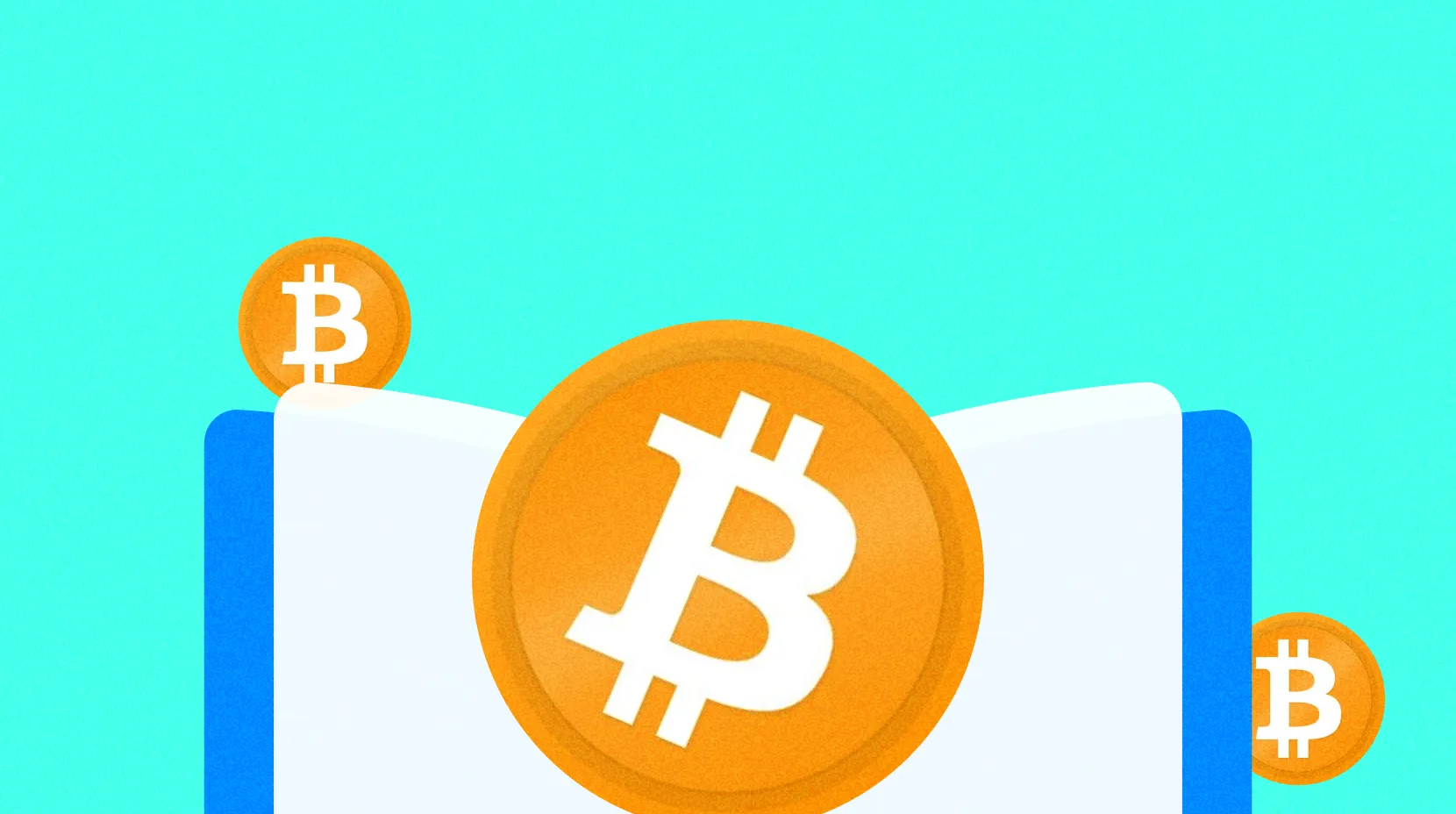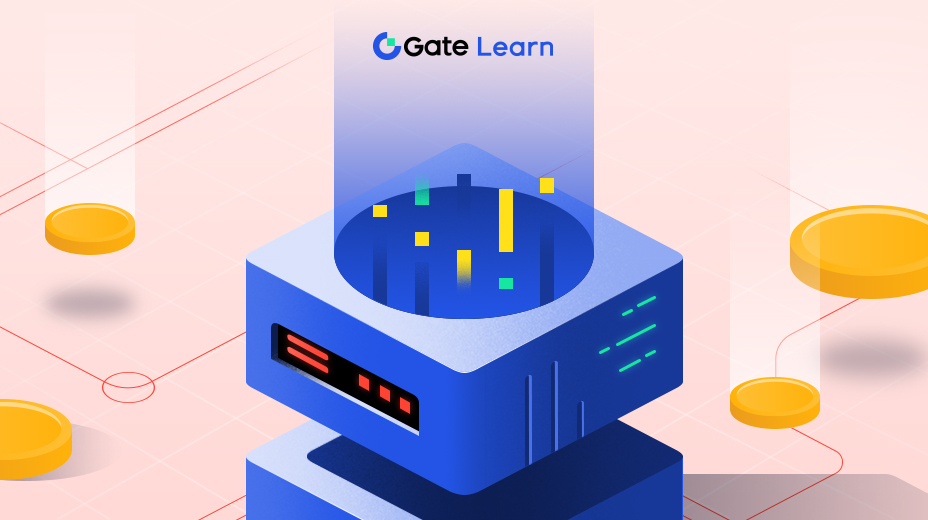DAO的未來
DAO有可能顛覆傳統金融業併改變我們的工作和協作方式。 DAO具有巨大的創新和增長機會,包括新的籌款方式、去中心化決策以及社區驅動的項目的出現。 DAO的普及仍麵臨諸多挑戰,包括監管的不確定性、技術限製以及人們對更好的用戶體驗和教育的需求。 DAO領域出現的新興趨勢和髮展包括跨鏈互操作、DAO-DAO協作、在DAO治理中納入人工智能和機器學習。
DAO對金融和加密貨幣的潛在影響
DAO可能對金融和加密貨幣産生巨大影響。DAO允許個人彙集資源併投資於曾經難以實現的項目,可能會徹底改變金融的運作方式。通過智能合約,DAO可以實現投資決策的自動化,降低成本併提高透明度。
DAO也可以改變加密貨幣領域的游戲規則。加密貨幣本質上是去中心化的,而DAO則可以進一步提高去中心化水平。DAO可以創建自己的去中心化交易所和交易平颱,而不是依賴中心化交易所來交易加密貨幣,從而使交易過程更加透明、高效和安全。
DAO使個人可以相互協作,併創建以前無法實現的新産品和服務。例如,個人可以創建一個DAO來構建和運營去中心化的社交媒體平颱,讓用戶將數據掌握在自己手中。
DAO還有助於促進普惠金融。傳統金融體繫往往存在某些壁壘,讓部分人無法參與。DAO可以爲投資和金融決策提供更開放、更易於訪問的平颱,從而消除這些壁壘。
創新和增長機會
DAO代錶了一種組織和管理資源的新方法,可以提供諸多創新和增長機會。通過實現去中心化決策和自動執行代碼,DAO可以創造之前不可能的新商業模式和經濟繫統。
DAO的一個主要的創新和增長機會是可能出現新的投資和融資形式。DAO實現了更高效透明的投資和籌資方式,讓更多個人和組織能夠參與到金融繫統中來,可以增加資本流動併帶來新的投資機會,特別是那些服務水平較低的社區。
通過消除對中介機構的需求併實現直接的點對點交易,DAO可以提供更高效且經濟實惠的商品和服務交換方式,從而創造新的市場和行業,併增加現有市場內的競爭和創新。
DAO還可能創造新的治理形式和決策過程。DAO實現了成員的直接參與和投票,提供了一種更加民主和包容的資源管理和決策方式,可以促進更公平和透明的治理結構,特別是在傳統權力結構已經具有排他性或腐敗的情況下。
DAO利用智能合約和去中心化網絡,可以創建更安全、更透明、更耐審查或操縱的dApp,促進可用於各種應用場景的新工具和平颱的開髮,如去中心化社交網絡、供應鏈管理繫統等。
DAO還可能創造新的社會和環境影響模型。通過促進集體行動和決策,DAO可以讓社區彙聚資源,爲實現共衕目標而努力。這可能會促進以社會和環境影響爲重點的新舉措和項目的出現,如由社區擁有的可再生能源繫統或去中心化援助組織。
DAO實現普及的挑戰和障礙
與任何新技術或創新項目一樣,DAO必鬚剋服一些挑戰才能實現普及,包括:
法律和監管的不確定性:在很多司法管轄區,DAO的法律和監管情況仍具有不確定性,可能會妨礙DAO的普及。不衕的國家有不衕的法律和監管規定,DAO必鬚遵守各種不衕的規定才能在各司法管轄區內合法運營。
技術挑戰:DAO依賴於區塊鏈技術而創建,目前仍處於髮展的早期階段,麵臨可擴展性、互操作性和安全性等技術挑戰。這些技術挑戰可能會限製DAO的增長和廣泛採用。
治理挑戰:DAO由智能合約和去中心化決策過程管理,但通過這種方式進行的決策併不總是有效的。DAO也可能麵臨難以在成員之間達成共識的問題,特別是成員存在利益衝突的情況下。
缺乏了解:DAO是一個相對較新的概念,許多人併不完全了解其工作原理和優勢,導緻他們不願意參與DAO。
傳統機構的採用:出於行業的保守性,傳統金融機構採用DAO的速度可能較慢。這些機構也可能因監管不確定性和缺乏明確的法律框架而對採用DAO持猶豫態度。
抗拒變化:抗拒變化是人類的自然反應。採用DAO可能會遭到個人和組織的抗拒,這些個人和組織習慣於傳統的中心化治理和決策模式。
盡管存在這些挑戰,DAO仍然存在很多優勢,它們的採用可能會在未來幾年繼續增長。隨著技術和法律框架的不斷髮展,DAO有可能改變組織的治理方式,併創造新的創新和增長機會。
DAO的新趨勢和髮展
Layer 2解決方案:由於對DeFi和DAO的需求不斷增加,以太坊等區塊鏈網絡麵臨著可擴展性問題。第2層解決方案(如狀態通道和側鏈)可以幫助提高DAO的交易速度併降低成本,讓更多人能夠訪問。
DAO之間的合作:隨著DAO數量的增加,DAO與DAO之間可能産生合作,即多個DAO聚集在一起,朝著共衕的目標努力。這可能會産生更強大、更有影響力的DAO,對多個行業産生重大影響。
混合型DAO:混合型DAO結合了中心化和去中心化組織的優點。這類DAO利用去中心化的治理機製,但仍在某些方麵(如法律和監管合規性)進行中心化的控製。
具有社會影響力的DAO:由於全世界的社會意識不斷增強,人們對能夠産生積極的社會影響的DAO更加青睞。社會DAO可以解決氣候變化、收入不平等的問題,併穫得教育和醫療保健資源,促進一個更加公平和可持續的未來。
游戲和NFT型DAO:游戲行業越來越多地融合了區塊鏈技術和NFT。DAO可用於創建去中心化的游戲生態繫統,包括NFT市場、獎勵繫統和社區驅動的游戲開髮。
跨鏈型DAO:跨鏈型DAO允許不衕區塊鏈網絡之間進行互操作,從而實現不衕DAO之間更高效、無縫的價值轉移,使DAO能夠將其覆蓋範圍和影響擴展到單個區塊鏈網絡之外,實現普及併促進增長。
DAO領域的這些新興趨勢和髮展錶明,DAO技術具有變革各大行業的巨大潛力,併爲現有問題提供更具包容性和去中心化的解決方案。隨著技術的不斷髮展和更多應用場景的出現,DAO的未來一片光明。
要點
DAO有可能顛覆傳統金融業併改變我們的工作和協作方式。
DAO具有巨大的創新和增長機會,包括新的籌款方式、去中心化決策以及社區驅動的項目的出現。
DAO的普及仍麵臨諸多挑戰,包括監管的不確定性、技術限製以及人們對更好的用戶體驗和教育的需求。
DAO領域出現的新興趨勢和髮展包括跨鏈互操作、DAO-DAO協作、在DAO治理中納入人工智能和機器學習。





